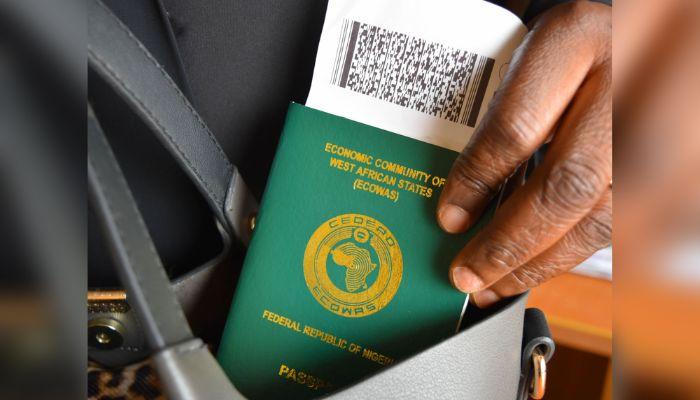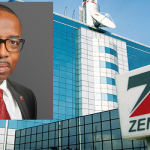...To get all news updates, Join our WhatsApp Group (Click Here)
Also Join our WhatsApp Channel (Click Here)
Nigeria’s passport ranks 95th globally in the 2024 Passport Index by Henley and Partners, allowing access to 45 countries without a visa. This limited access often hinders Nigerian travelers. Despite this, several countries still welcome Nigerian passport holders without needing a visa or offer visa-on-arrival.
Here are 27 visa-free countries for Nigeria passport holders
Barbados
Benin
Burkina Faso
Cameron
Cape Verde
Chad
Cook Islands
Côte d’Ivoire (Ivory Coast)
Dominica
Fiji
Gambia
Ghana
Guinea
Guinea-Bissau
Haiti
Kiribati
Liberia
Mali
Micronesia
Montserrat
Niger
Rwanda
Saint Kitts and Nevis
Senegal
Sierra Leone
Togo
Vanuatu
It is essential to understand that Nigerian citizens’ duration of stay and travel purposes in other countries is subject to those nations’ visa regulations. Holders of Nigerian passports must confirm whether a visa is necessary for a stay surpassing permitted durations or for purposes outside the destination country’s Visa Waiver Policy.
Kindly note that the visa-free destinations for Nigeria passport holders listed above can change due to visa agreements between countries, temporary travel restrictions, and entry requirements set by nations. It’s recommended to check for any extra requirements or temporary restrictions imposed by your travel destination before your trip, as these conditions may vary.
You can get every of our news as soon as they drop on WhatsApp ...To get all news updates, Join our WhatsApp Group (Click Here)
Also Join our WhatsApp Channel (Click Here)

















